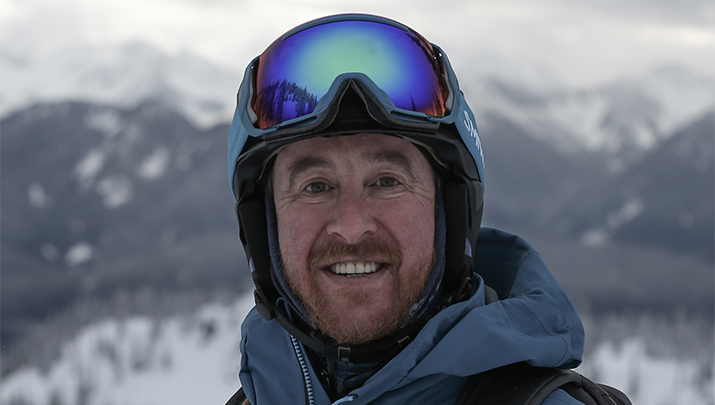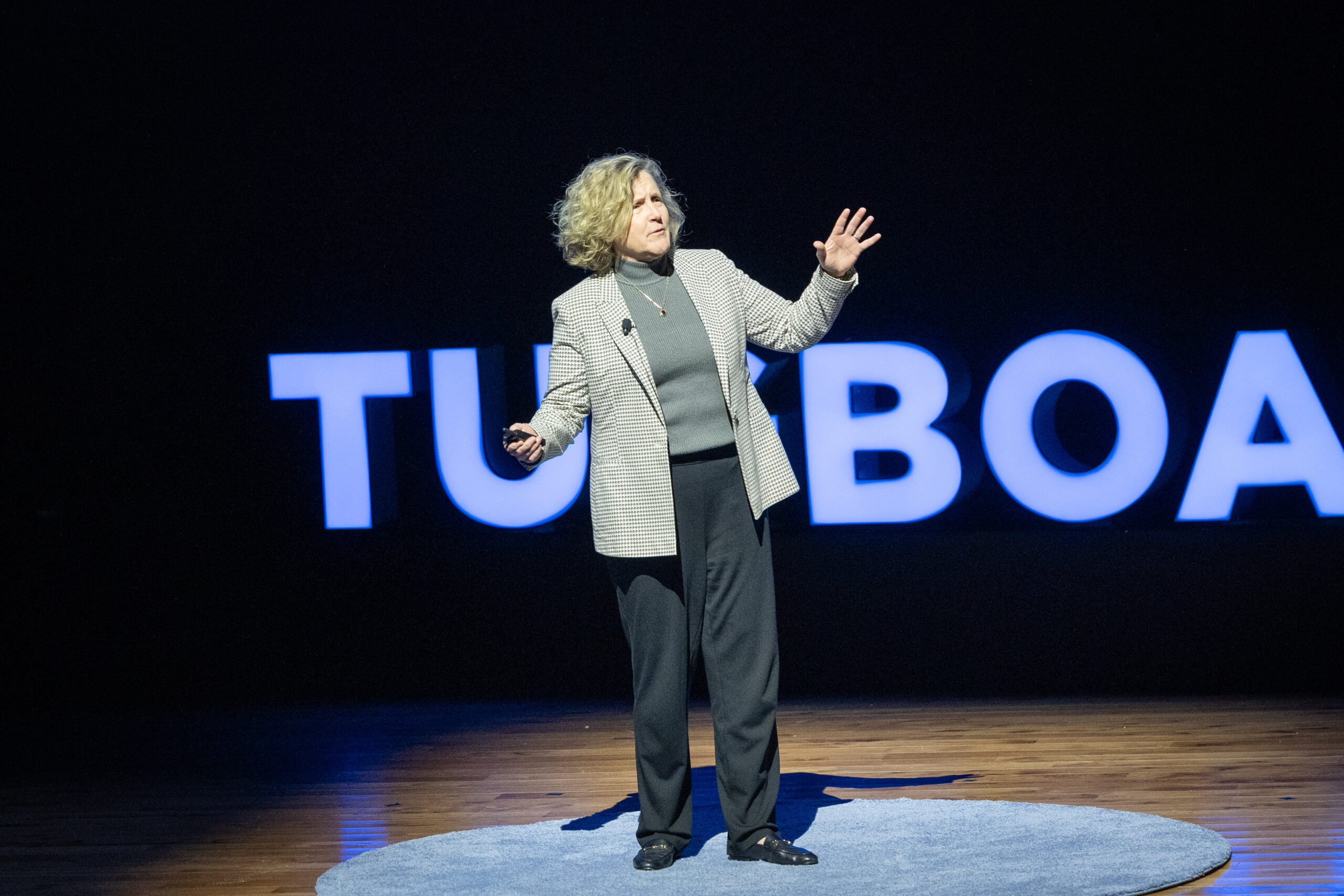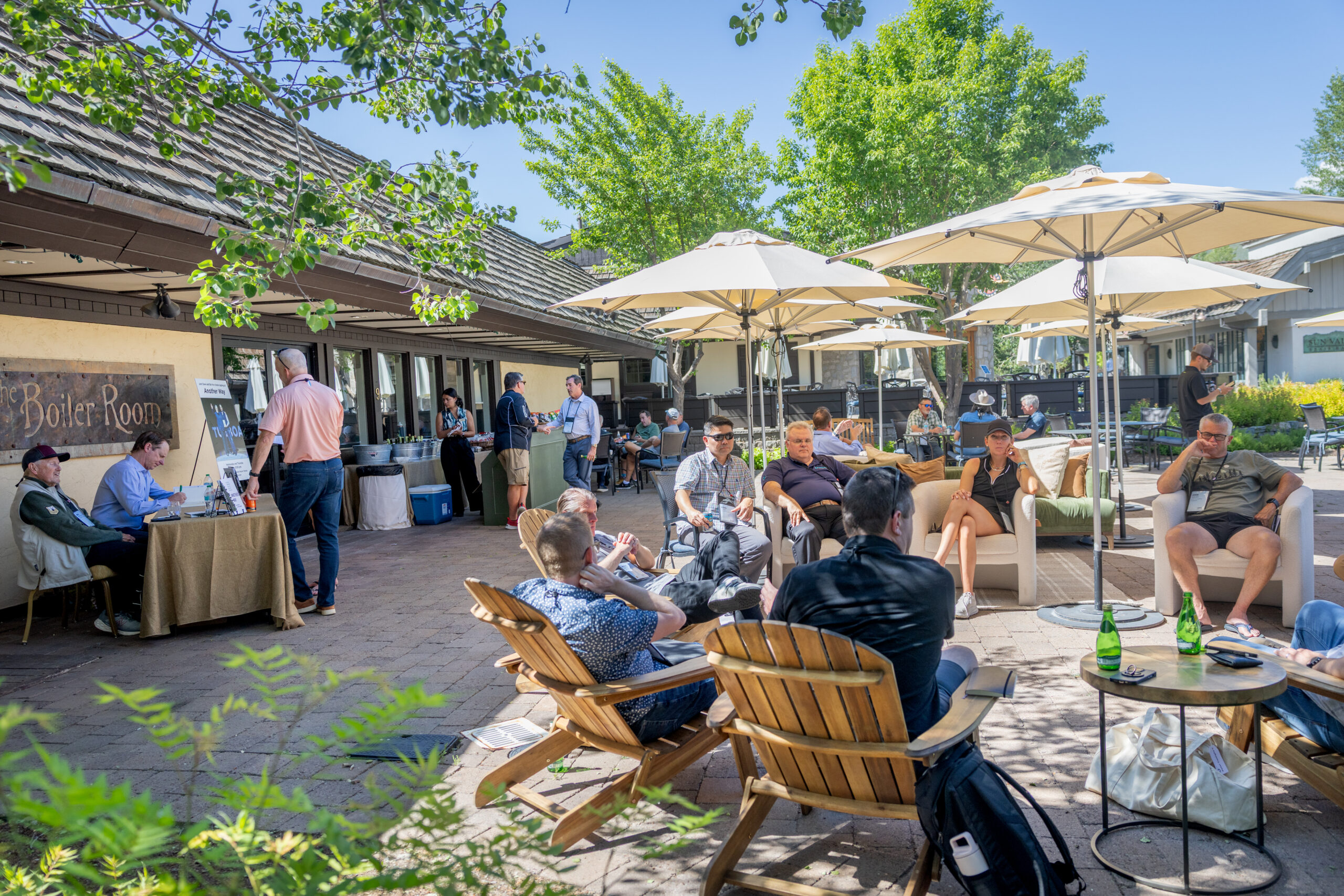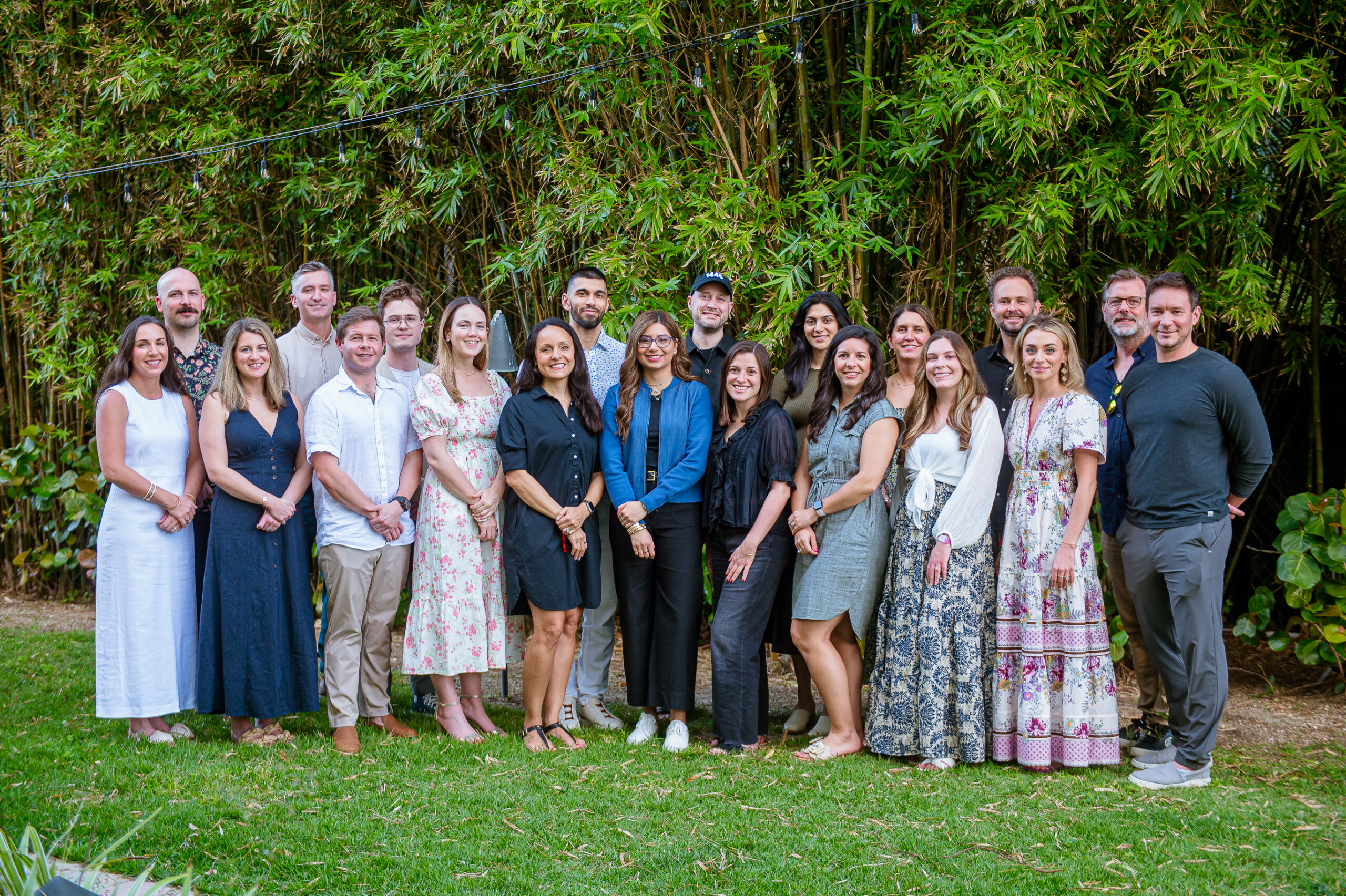

Pursuing Purpose in Chile
- Brian Pearson
- Upscape
I had a midlife crisis at age 32. Working 80 hours a week as a healthcare consultant in a messy industry left me miserable and completely burned out. Every day, I’d watch a co-worker, Ted, gallop into the office with such enthusiasm about his job, it made me feel even worse about my own ennui and dissatisfaction. It struck me that I needed to do something in my life that made me feel like Ted. I needed a Purpose.
So I quit my job. In 2003, I uprooted my wife and myself from Maine and moved to Chile, where I launched a thriving adventure travel company.
Of course, this didn’t happen immediately. At first, we were there simply for a respite. My wife provided the inspiration, as she had studied in South America and spoke fluent Spanish (which I did not) and she wanted to show me the country and culture. I just wanted to ski and bike and get out of my head for a bit. So we planned a seven-month trip from Chile to Ecuador.
By the end of the trip, though, we felt so free and unplugged, we couldn’t go back to New England. We decided to settle in Santiago, Chile, because it’s safe and the economy is very stable by South American standards. Also, it’s right next to the Andes, which have some of the best ski resorts in the world. Since I craved being outdoors after my years cooped up in the corporate world, I decided to work in the travel industry as a guide. I figured someone would hire me to take travelers hiking, horseback riding, skiing or fly-fishing.
Turns out, no one wanted to hire a guy who was new to Chile, who had never been a guide before and who didn’t speak Spanish.
Undeterred, I decided to start my own guide business called Santiago Adventures, based on my own experiences as a traveler in the region. It was perfect timing because in 2003 Santiago was emerging as a new business hub. Many large corporations were moving into the area and suddenly there was an influx of foreign visitors, including Americans.
While skiing, I met a lawyer who helped me set up shop. It’s not terribly difficult to start a business there, but in Chile, you need someone with a social security number in the system. As an outsider, you usually have to pay someone local to be your representative, and this guy volunteered to be listed as our company’s rep until we could finally establish residency three years later. (Yes, I realize I’m very fortunate he wasn’t a scam artist!)
Within about 15 days of getting his name in the system, we were open for business. Through word of mouth, we had our first customers in early 2004. I built our website, which I loaded with rich stories about the area and things to do, and set up six tours around the central region of Chile. Pretty quickly, we were getting great Google reviews for tours.
For the first year, I worked as our sole guide. Then I started hiring freelancers. I realized travelers wanted to interact with a Chilean who could speak English — someone with professional tourism experience. I also hired local Chileans in the office to help figure out business operations for travel and to contact suppliers to build our network.
Culturally, being the gringo is a double-edged sword. Chileans have a supportive interest in what you’re doing as an outsider, but I did have to be careful. I came at this endeavor implicitly trusting people, asking lots of questions and hiring people based on a handshake.
I only got burned once. Chile has a strict tax-monitoring system, and an accountant we employed took advantage of our ignorance. He told me that I would end up in jail if I didn’t do things his way. We lost a bit of money to him, but I wised up and hired a staff accountant. I figure it’s the cost of learning to run a business, especially in another country. This experience did make me hyperaware that we always need to do right with the rules and regulations and ethics. We don’t want to cut corners, and this includes paying people decent wages and on time.
In 2006, we branched out to Argentina with a big wine tour group. Being on both sides of the Andes has been great, because while Argentineans have a rivalry with Chileans, they have no problem working with an American guy. In 2011, we added Uruguay to our destinations.
Over the years, we’ve had a few mishaps, but never having to do with the regulations. For instance, in 2010, there was a terrible earthquake that left a few of our customers stranded. We solved all the travel issues for them, but the country took a tourist hit — our phone didn’t ring for six months. But we kept promoting Chile, and by 2011 we were doing tours in the entire country, not just in the Santiago region.
After we spent 10 years in Chile, my wife and I finally moved back to New England so that our son could grow up around family. It was really hard to leave my 12 employees and my adopted country. I still own the company, and I am still the CEO, but on the whole our move back to the U.S. has been better for its growth and progress. I’m a micromanager, and this distance has given me the opportunity to think in broader ways and look at new opportunities, partnerships and clients.
In 2015, we relaunched the company as Upscape. It has doubled in size in terms of employees and tripled in terms of revenue. We are the local supplier for big American tour operators — to speak the language on both sides makes us very trustworthy. We have a reputation for taking care of anything on the ground and for providing new and innovative experiences and destinations.
I still travel to Chile every other month to keep an eye on things. It took me seven years to learn the language. I need to keep up my fluency! And even more important, Chile is where I found my Purpose by building my life around this Evergreen company.
Thanks, Ted.
Brian Pearson is the Founder and CEO of Upscape
More Articles and Videos

Both/And Thinking: Harnessing the Positive Potential of Tensions
- Marianne Lewis
- Carl L. Linder College of Business, University of Cincinnati

Leading Through Uncertainty – Tugboat Institute® Summit 2025
- Jackie Hawkins
- Tugboat Institute

Get Evergreen insight and wisdom delivered to your inbox every week
By signing up, you understand and agree that we will store, process and manage your personal information according to our Privacy Policy




